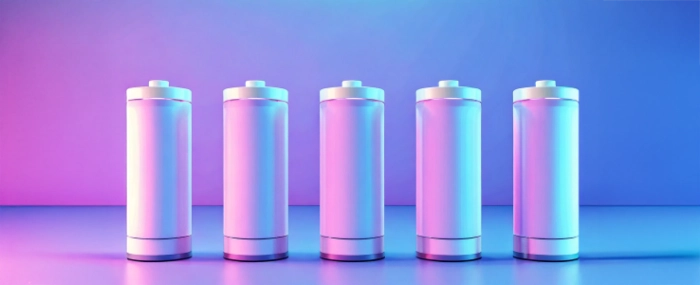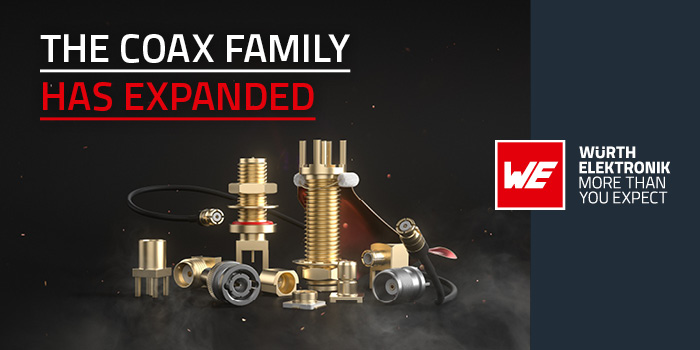
Could sulfur hold the key to next-gen EV batteries?
The joint venture between Stellantis and Zeta Energy could result in significantly lower priced EV batteries with a next-gen solution
Electric vehicle fast-charging speeds could increase by 50% and battery pack costs halved as a result of the recent joint venture announced by automaker Stellantis and lithium-sulfur battery maker Zeta Energy. Production from the Dutch-American jv is expected to start by the end of the decade.
“Our collaboration with Zeta Energy is another step in advancing our electrification strategy as we work to deliver clean, safe, and affordable vehicles,” said Ned Curic, Stellantis Chief Engineering and Technology Officer.
Stellantis, the carmaker behind the Jeep and Dodge brands, is planning to introduce cutting-edge lithium-sulfur batteries to the market. Sulfur, being a cheaper material for cathodes, allows the battery packs to hold more power than traditional ion-based batteries. Despite previous challenges with corrosion, experts are said to be making significant progress in perfecting the technology.
The new battery packs will be lighter while maintaining the same usable energy, resulting in better range and performance. This improvement, together with a 50% reduction in charge time, could lower EV prices and make them more accessible to consumers.
The batteries will be produced using waste materials and methane, which will also lead to significantly lower CO2 emissions. The collaboration aims to improve the supply chain and support Stellantis’ commitment to achieving carbon neutrality by 2038.

